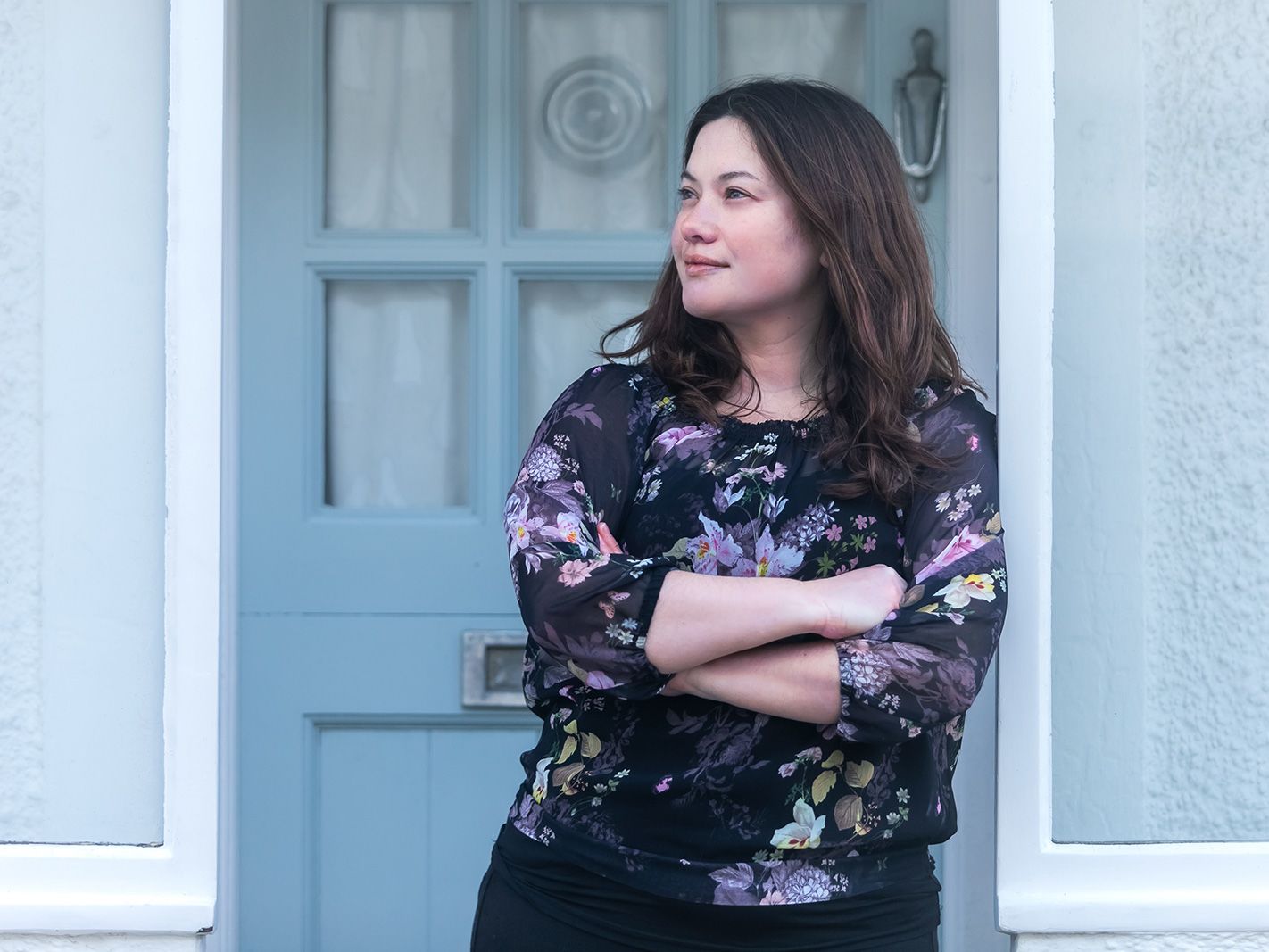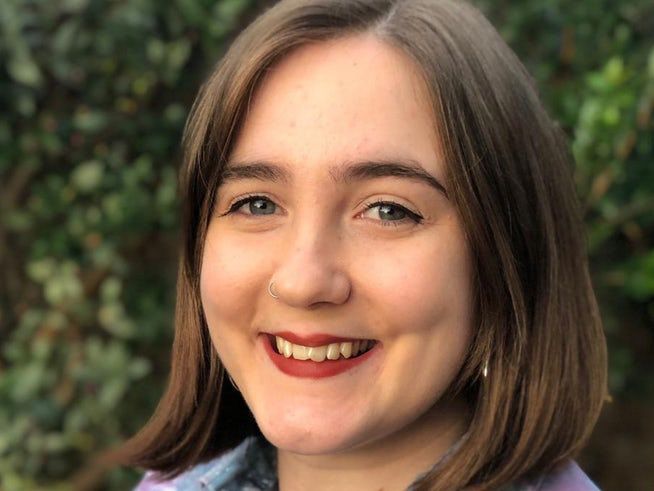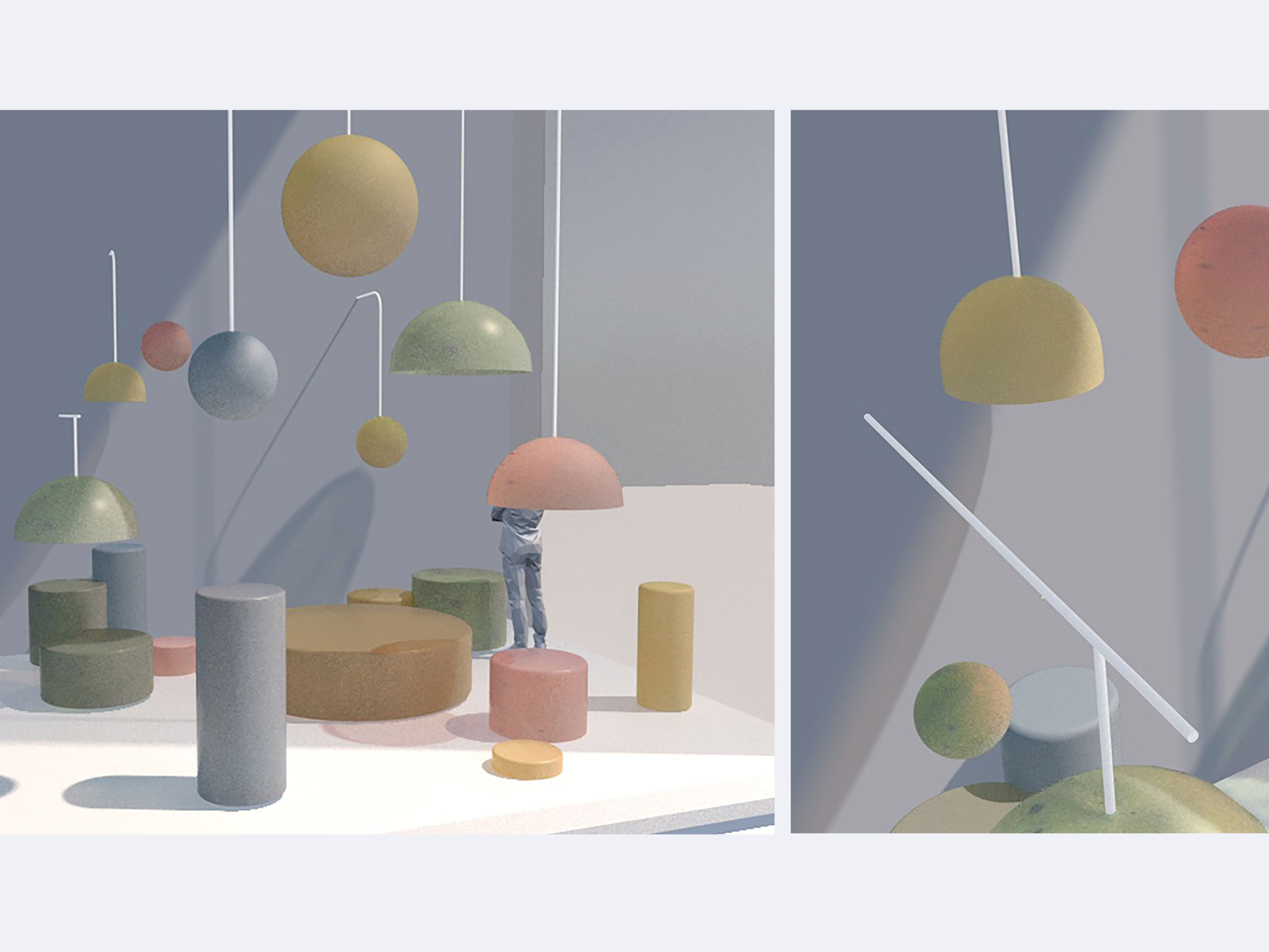As one of the UK's leading film and TV scripting courses, MA Screenwriting at London College of Communication (LCC) introduces students to the foundations of contemporary industry practice through a range of practical and theoretical contexts.
With opportunities to develop feature film, television and radio narratives, students are supported to hone their own unique voice while developing key scriptwriting and research skills. Throughout the course, they build their understanding of narratives, structure, characters and worlds, developing their own strong, industry-relevant portfolios while opening doors into script reading, script editing and script development work.
Graduates from MA Screenwriting have received significant critical acclaim, with many going on to forge successful careers across areas ranging from television, film and radio to literature, theatre and gaming. Some have even received recognition from major awards such as BAFTA and the International Emmys.
Lauren Sequeira
Lauren Sequeira graduated from MA Screenwriting in 2011, and is passionate about using her practice to develop diverse worlds and characters. Since then, she has written for a number of television series including Gangs of London and Britannia (Sky); Pandora (Sister Pictures, AMC) and Kiss Me First (Balloon Pictures, E4/Netflix), and also created the Bafta-nominated digital spin-off series, Sasha's Contact Meeting for CBBC.
Lauren is currently developing original series with New Pictures, Caryn Mandabach Productions, Vertigo Films and Dancing Ledge, where she was also one of their very first Writers in Residence.
Cleo - her gangland imagining of Queen Cleopatra - was one of 3 scripts shortlisted for the Write to Green Light initiative from Green Door and Lionsgate, and is now in development with Little Dot Studios. Her supernatural series, Domino Day, has also recently been commissioned for BBC Three, and explores 'a modern-day witch hunting for prey in Manchester's dating scene'.
We caught up with Lauren to discuss her passion for film and television, her experience of writing for Sky drama series Gangs of London, and highlights from her time at LCC.
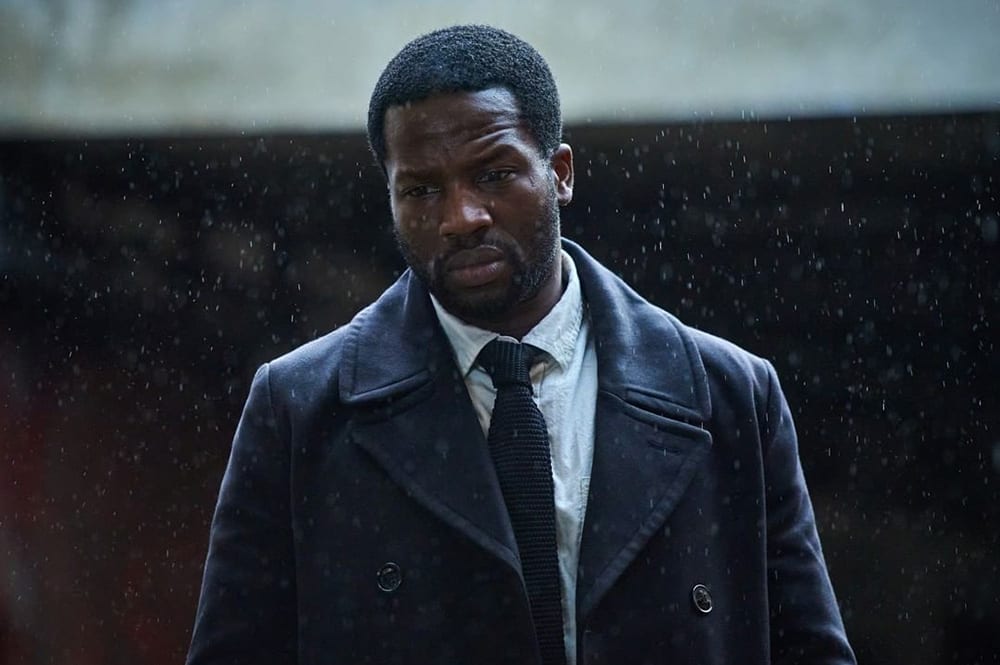
"Building up who they are and their dynamics to each other"
What inspired you to become a screenwriter?
I always knew I wanted to get into film or TV as I love storytelling and was the kind of child who’d watch Indiana Jones 3 times in one day.
When I started university, I was fully intending to be a director or get into cinematography. It wasn’t until I took a screenwriting term that my eyes opened up to another profession within the industry.
Tell us a little bit about your creative process.
It really depends on whether I’m working on one of my original projects, or whether I’m contributing to an episode for another writer’s series.
With my own, I always start with the characters, building up who they are and their dynamics with each other. I’ll also try to get some of this as well as the concept onto a page. This used to be a 'one-pager', but now I don’t constrict myself to length - as long as I write it in an engaging way.
For contributing gigs, once I’m given the episode, I go through the beats that were decided on during the writers’ room before I try to structure them and flesh them out. I’ll work out what the key character journeys are and work on some striking images in scenes that might help pull an audience in.
Are there any key messages or themes that you're passionate about exploring?
I love looking at the expectations and roles of women in certain scenarios such as crime. I also like exploring themes of family but finding unusual ways in through aspects like a distinctive character or a particular genre.
I’ve become more conscious of making sure I tell stories that show mixed/black women in a strong light, exploring complexities and nuances of race.

"Keeping to the tone and vision of the world and characters"
How did you first get involved with writing for Gangs of London?
I worked with Sister Pictures on a previous project, and as they were co-producers, I was invited to read the pilot episode and meet the creators. After connecting with the project, I was offered the opportunity to write an episode.
What were some of the key elements of your role?
When working on another creator’s project, the first element I had to embrace was to make sure I was keeping to the tone and vision of the world and characters they'd created.
Having an episode in the middle of the series meant that another key element was to make sure I paid off story beats that had happened before.
As a screenwriter, you have to constantly juggle notes coming from people like the execs, production, and the director, so I also had to navigate through that while working out how scenes can respond to as many notes as possible (because sometimes, they can conflict!).
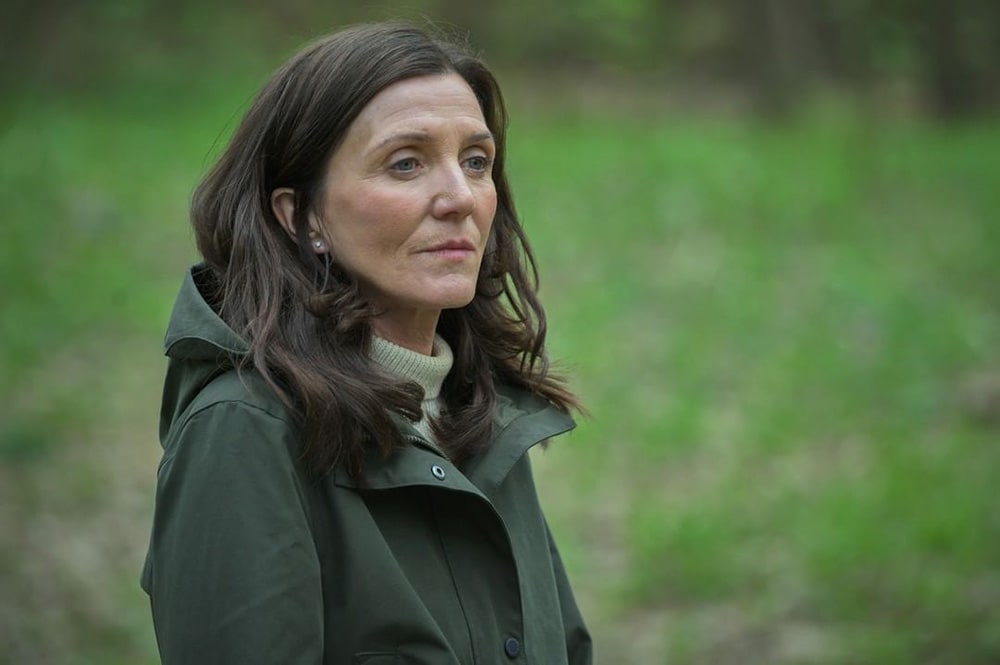
"I also thought beyond what is seen to also what is heard"
What were the highlights of your time on Gangs of London?
Definitely the pre-production/production process - it was the first time I really got hands-on and worked closely with my director.
Visiting the set and seeing scenes I’d been working on for months was also a highlight.
How did working on this project reflect your approach to screenwriting?
Knowing how I wanted the audience to feel – unnerved, and that this episode was a lot different to the action set-piece episode before me – I leaned more into writing scenes and choosing images that felt really unnerving.
I also thought beyond what is seen to also what is heard. I picked a song (The Platters, Only You) to repeat throughout, not only to unnerve the characters who heard it, but also the audience, which got a great response.

"An idea from my head onto a page"
What were the highlights of your time on our MA Screenwriting course?
One of the major highlights was discovering my process in getting an idea from my head onto a page.
Also: meeting writer friends who I still talk to now. Writing can be solitary, so it’s good to speak to others going through the same highs and lows as you are.
How did your time at LCC help to shape your career so far?
I definitely learnt key processes that I still use today.
It was also beneficial to learn how to offer and receive constructive criticism as it’s such a big part of rewriting.
Related links:
- Find out more about Lauren on The Agency.
- Explore MA Screenwriting at London College of Communication.
- Learn more about our Screen School.


